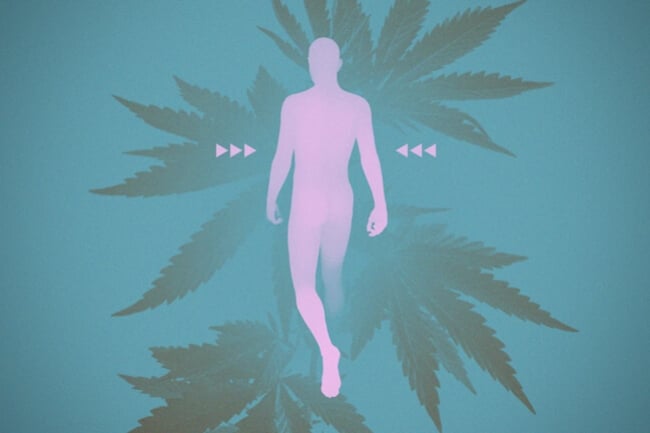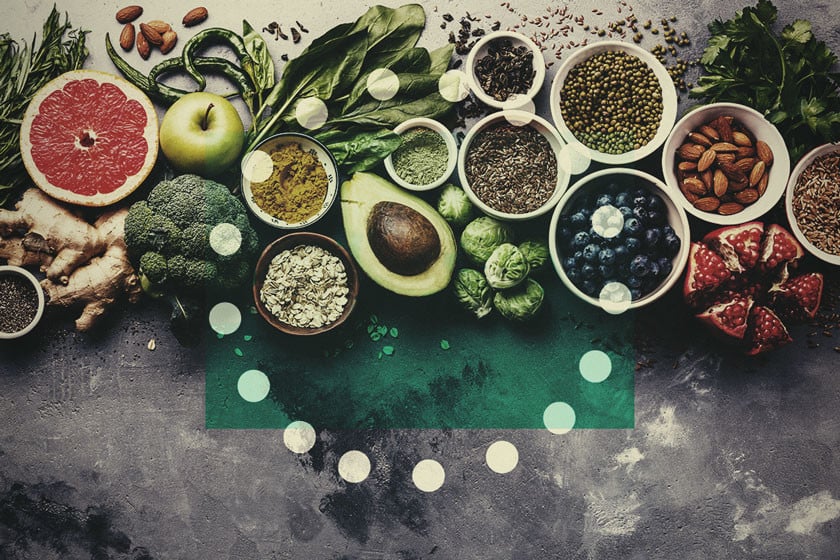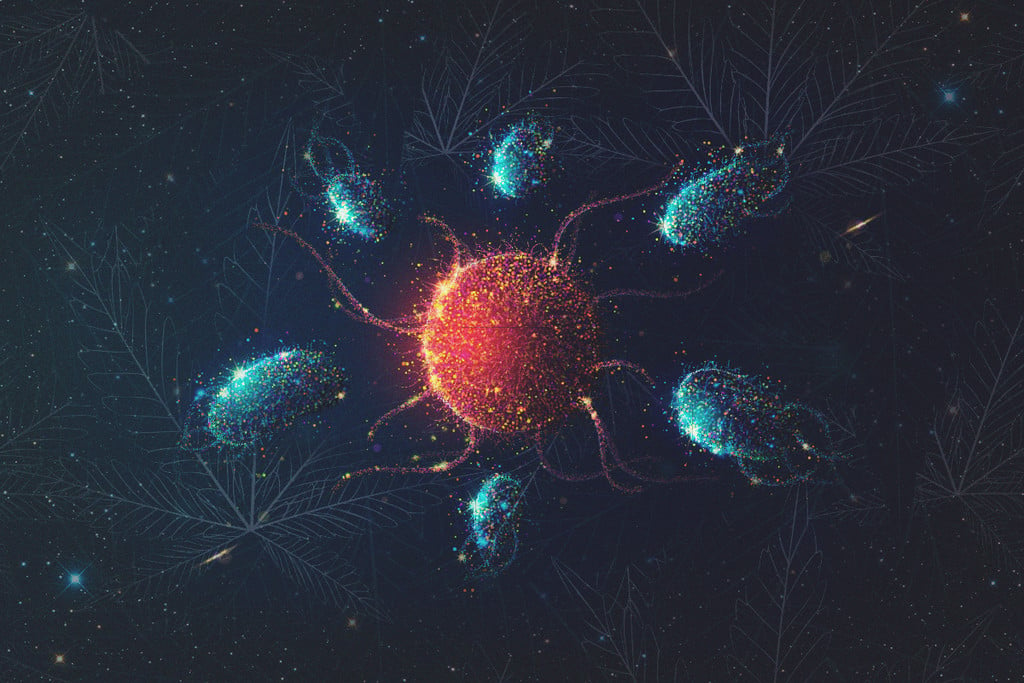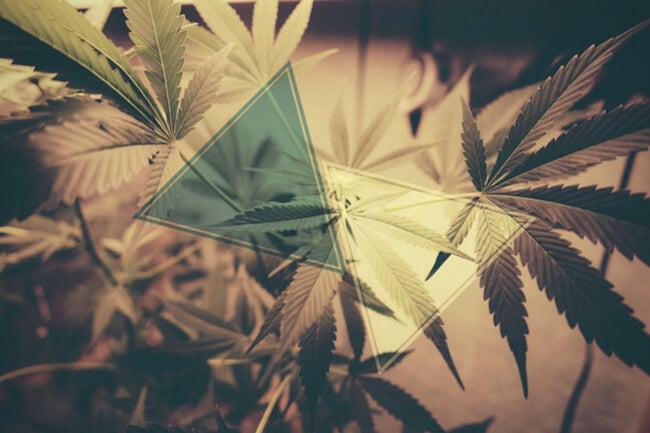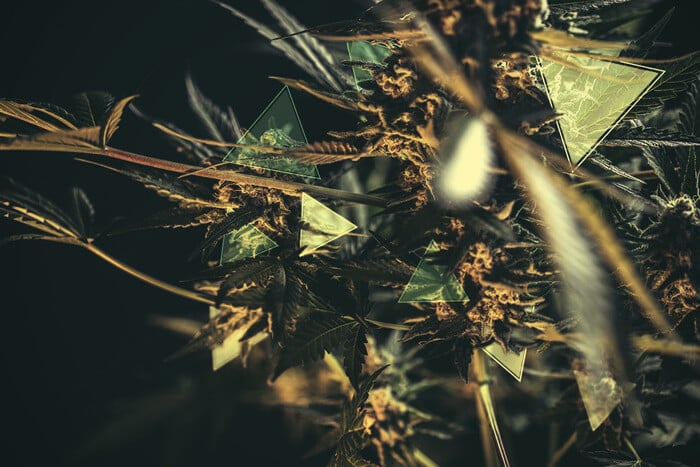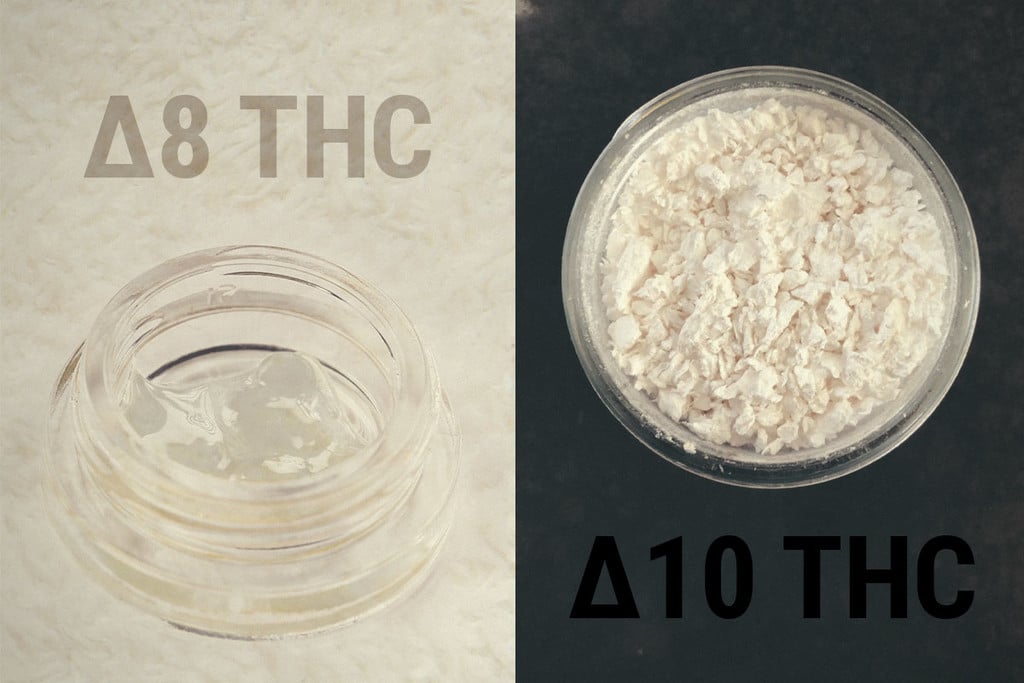.
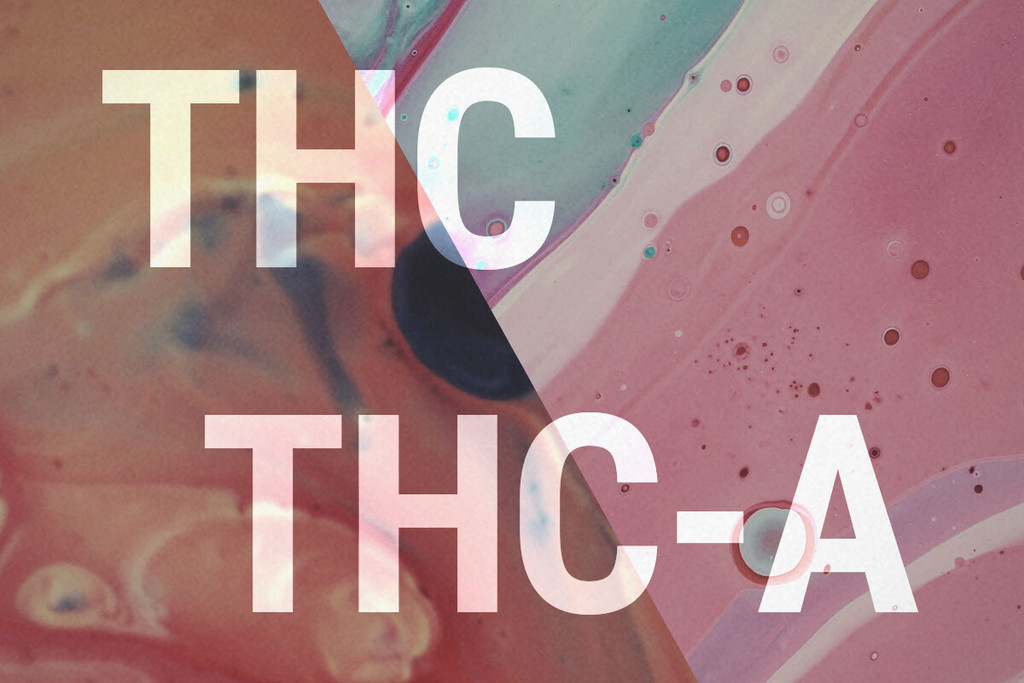
THCA and THC: What’s the Difference?
What if we told you there's almost no THC in your cannabis plants? You might not be too pleased! But don't worry, the potential is there. Raw cannabis isn't psychoactive in and of itself. It contains high levels of THCA, which only converts into THC via heat and light. Both of these cannabinoids are unique; read on to find out how they compare.
Contents:
THCA & THC: Questions & Answers
- ⚖️ Is THCA Legal?
- As a non-psychoactive cannabinoid, THCA is not scheduled under the United Nations Convention on Psychotropic Substances. However, legislation in some countries classes THCA as a prohibited analogue to THC.
- 🧬 Where Can I Find THCA?
- THCA occurs in all cannabis strains that possess THC. Before being exposed to heat, all THC molecules exist as the cannabinoid acid THCA in raw cannabis flowers.
- 💎 What Are THCA Diamonds?
- THCA diamonds are a highly concentrated extract of THCA, clocking in at an impressive purity of 99%. Technicians extract the cannabinoid acid using solvents and evaporators, without exposing it to too much heat.
- 💨 Can You Smoke THCA?
- You can, but it will convert to THC during the process. To experience the non-psychoactive effects of THCA, you’ll need to consume it in the form of an oil or extract.
The cannabis plant produces a vast range of interesting phytochemicals. The small crystalline structures on the surface of buds, known as trichomes, work hard to synthesise over 100 cannabinoids and over 200 terpenes. While the latter are found all throughout nature, many cannabinoids are unique to Cannabis sativa.
Before being exposed to heat, cannabinoids such as THC exist as cannabinoid acids—precursors that occupy the raw flowers. Although not as well-known, cannabis scientists are currently studying these “underdogs” for their effects.
THCA, or tetrahydrocannabinolic acid, serves as the biosynthetic precursor to THC. All high-THC strains feature high concentrations of this molecule before undergoing decarboxylation (heating). Continue reading to find out everything you need to know about this molecule.
What Is THCA?
What’s your favourite strain? Maybe you adore the tantalising tastes of Sweet ZZ, or the sheer intensity of Green Gelato. Whatever your favourite high-THC strain is, they’re all loaded with THCA until the second you light them up.
Despite what popular culture and bombastic news stories state, eating a pile of raw cannabis simply won’t get you high. Cannabis only becomes psychoactive after being exposed to heat, light, or ageing. Before these factors take hold, all of that THC exists as THCA.
Like many other cannabinoids, THC starts off life as CBGA (cannabigerolic acid), otherwise known as the “mother” cannabinoid. Cannabis plants also produce a set of enzymes that convert this precursor into a variety of different cannabinoids.
When THCA synthase acts on CBGA, it converts the molecule into—you guessed it—THCA. Consuming raw cannabis supplies users with high levels of this cannabinoid acid. However, cooking and smoking cannabis catalyses a non-enzymatic reaction called decarboxylation.
This process ejects a carboxyl group from the molecule, forming THC. Although these cannabinoids are closely related, they produce profoundly different effects on the body and mind.
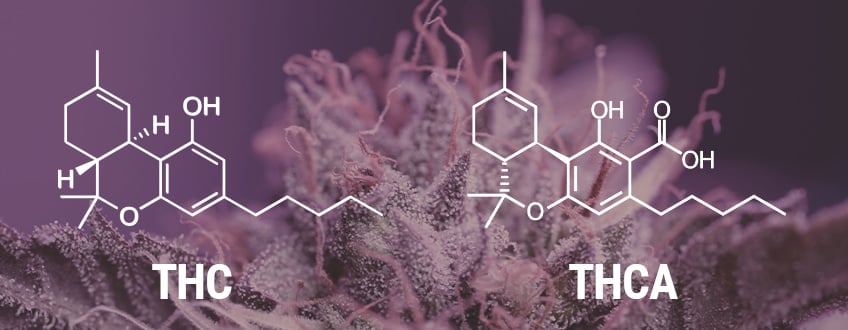
THCA vs THC
THCA and THC are similar in some ways, and dramatically different in others. Check out the lists below to find out where they are alike, and where they differ.
Properties of THCA:
- Non-psychoactive
- Naturally occurs in raw cannabis
- Weak activator of CB1 and CB2 receptors
- Represents up to 90% of the total THC content of cannabis plants
- May provide soothing and neurological effects
Properties of THC:
- Exerts psychoactive effects
- Produced through decarboxylation
- Stronger activator of the CB1 receptor
- Synergises with numerous cannabis terpenes including pinene, limonene, caryophyllene, and linalool
- Associated with several benefits including relaxation, sleep and appetite promotion, and euphoria
THCA: A Key Biomarker
THCA serves as an important biomarker when it comes to cannabis testing. Ambitious breeders looking to sell their flowers to dispensaries need to test their products beforehand. The more data, the better!
Testing for the level of THCA within a weed sample will give the breeder an accurate picture of how potent their flowers are. Research suggests a 70% conversion rate between THCA and THC during decarboxylation.
Lab technicians need to account for this ~30% loss during testing. HPLC (high-pressure liquid chromatography) measures the level of THCA in a precise manner, without decarboxylating any. To figure out the total levels of THC, they use the following equation:
THC total = (%THCA) x 0.877 + (%THC)
What Does the Research Say About THCA?
Research on THCA remains preliminary, with most studies being conducted on animals or cells. Until clinical trials emerge, we have to remain sceptical of THCA’s effects on humans. However, the research so far does serve as an indicator of what we can expect.
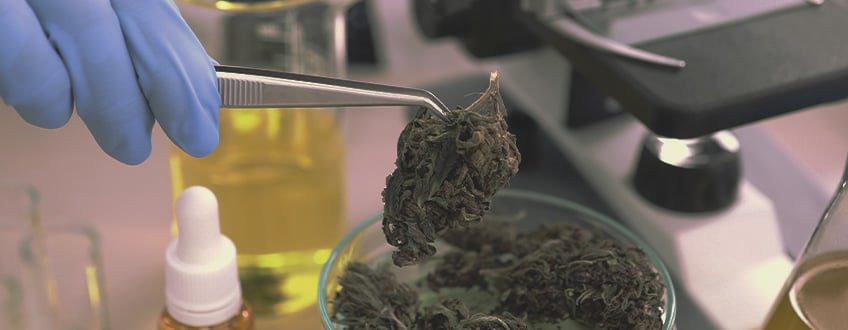
-
Weight Loss
Research conducted in mice suggests that THCA might help to shift a few pounds. A 2020 study[1] showed the cannabinoid to drive down fat mass in mice by interfacing with the PPARy receptor.
-
May Soothe Joints
THCA may help to soothe joints[2] and other parts of the body through its action on PPARy and the CB1 receptor of the endocannabinoid system.
-
Queasiness
Further early research suggests that THCA might help to ease a queasy stomach[3]. Although not yet fully substantiated, this finding could make THCA an important agent in the future of cannabis science.
-
Organ Health
Additional research explored the effects of THCA on liver health[4] in mice. The results showed promise, serving as the groundwork for much more future work in this area.
How to Consume THCA
THCA needs to be consumed in the absence of excess heat. Pure crystalline extracts are one of the best ways to take the cannabinoid. They can easily be added to cool foods and drinks, or mixed with oils and tinctures.
Cannabis users also juice raw cannabis flowers to obtain THCA. Cold-pressed juices work the best, exposing the plant material to less heat.
Where to Get THCA
The best source of THCA is your own cannabis flowers! These resinous buds are packed with the cannabinoid before you hit them in a joint or bong. Fire up your juicer instead to feel the effects of this molecule.
Those lucky enough to live somewhere with a legal recreational cannabis market will also be able to pick up THCA crystals from certain dispensaries.
- Tetrahydrocannabinolic acid A (THCA-A) reduces adiposity and prevents metabolic disease caused by diet-induced obesity - ScienceDirect https://www.sciencedirect.com
- Δ9‐Tetrahydrocannabinolic acid alleviates collagen‐induced arthritis: Role of PPARγ and CB1 receptors https://bpspubs.onlinelibrary.wiley.com
- Effect of combined doses of Δ 9 -tetrahydrocannabinol and cannabidiol or tetrahydrocannabinolic acid and cannabidiolic acid on acute nausea in male Sprague-Dawley rats | SpringerLink https://link.springer.com
- Δ9-Tetrahydrocannabinolic Acid markedly alleviates liver fibrosis and inflammation in murine models of chemically- and obesity-induced liver injury | bioRxiv https://www.biorxiv.org


























